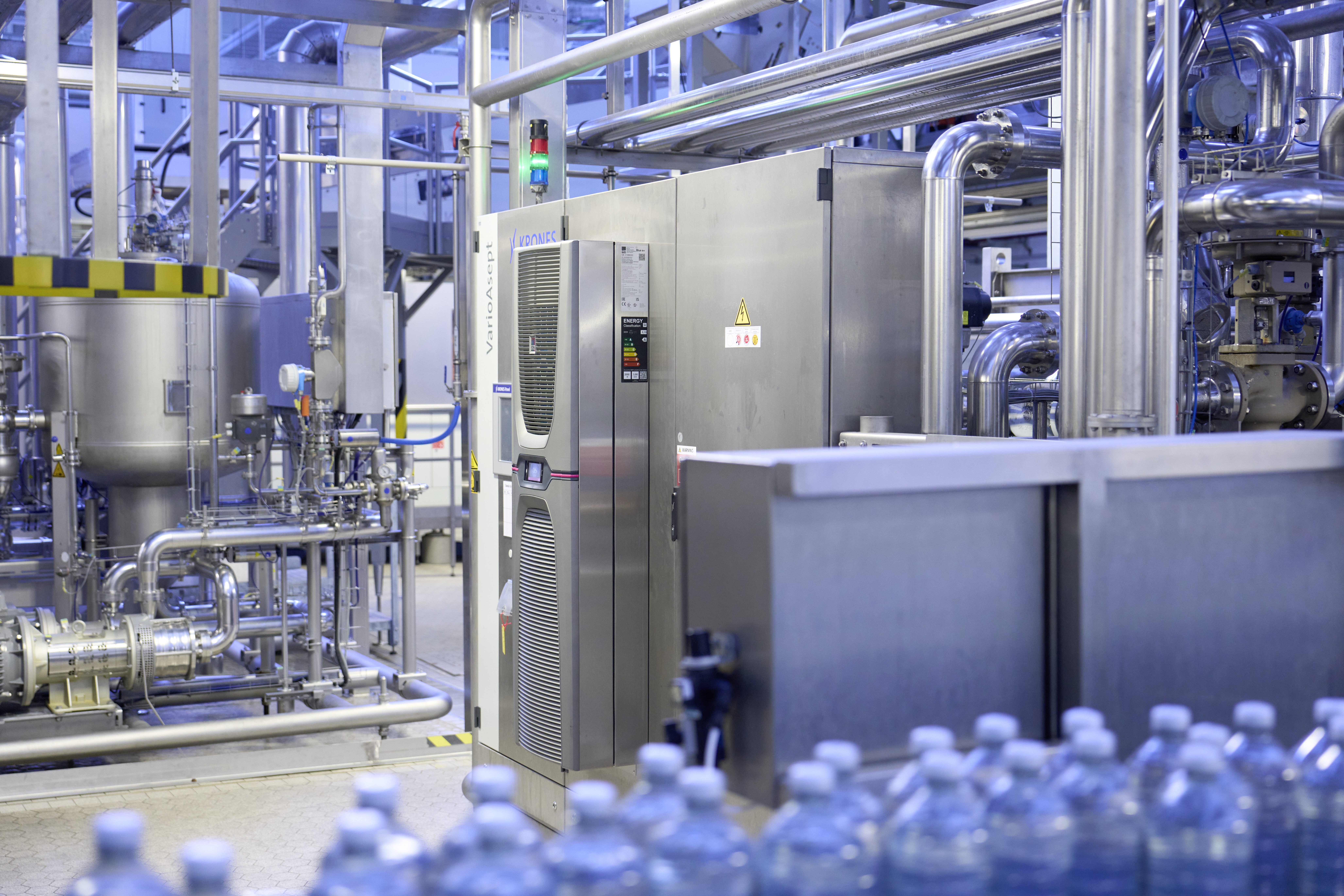By Rittal on Jun 28, 2024 7:50:12 AM
In today's manufacturing landscape, sustainability is no longer just an ideal to strive towards; it's an essential strategy for survival and competitiveness. Australian and New Zealand food manufacturers are at the forefront of this transformation, spearheading efforts to achieve net-zero emissions. This commitment to sustainability aligns with global initiatives from corporate giants who are leading the way in reducing environmental impacts while maintaining the highest standards of hygiene and operational efficiency.
The Role of Climate Control in Sustainable Manufacturing
Central to the sustainability journey for food manufacturers is the expert management of climate control within their production facilities. In the diverse and challenging Australian and New Zealand climate, maintaining a stable operating environment is vital for ensuring product quality and safety, as well as for reducing energy consumption. Effective climate control systems are key to achieving these objectives, as they directly influence both the longevity of equipment and the overall environmental footprint of production processes.
Choosing the Right Climate Control Solutions
Selecting appropriate climate control solutions is critical for food manufacturers. These systems play a pivotal role in ensuring that production operations run smoothly and efficiently. They help prevent the overheating of sensitive electronic components, thus minimising downtime and extending the lifespan of crucial production equipment. Moreover, the right climate control strategy ensures high hygiene standards and compliance with stringent regulatory requirements, which are particularly rigorous in the food production industry.
Beyond Emissions Reduction: A Holistic Approach
For Australian and New Zealand food manufacturers, sustainability transcends the mere reduction of emissions. It involves a holistic approach that integrates energy efficiency, resource conservation, and the strategic adoption of smart technologies. These elements work synergistically to enhance both productivity and sustainability, creating a robust framework for the industry to thrive in a green economy.
The industry's investment in advanced climate control technologies demonstrates a deep commitment to environmental stewardship. By prioritising efficient and sustainable practices, food manufacturers are not only contributing to the global effort against climate change but are also setting benchmarks for responsible production. This commitment ensures the long-term success and sustainability of the sector, making it a leader in environmental responsibility.
Learn More in Our Latest White Paper
To dive deeper into how advanced climate control can revolutionise your production processes, check out our latest White Paper "Efficient Enclosure Climate Control." This resource is packed with insights and strategies to help you enhance efficiency and sustainability in your operations.

